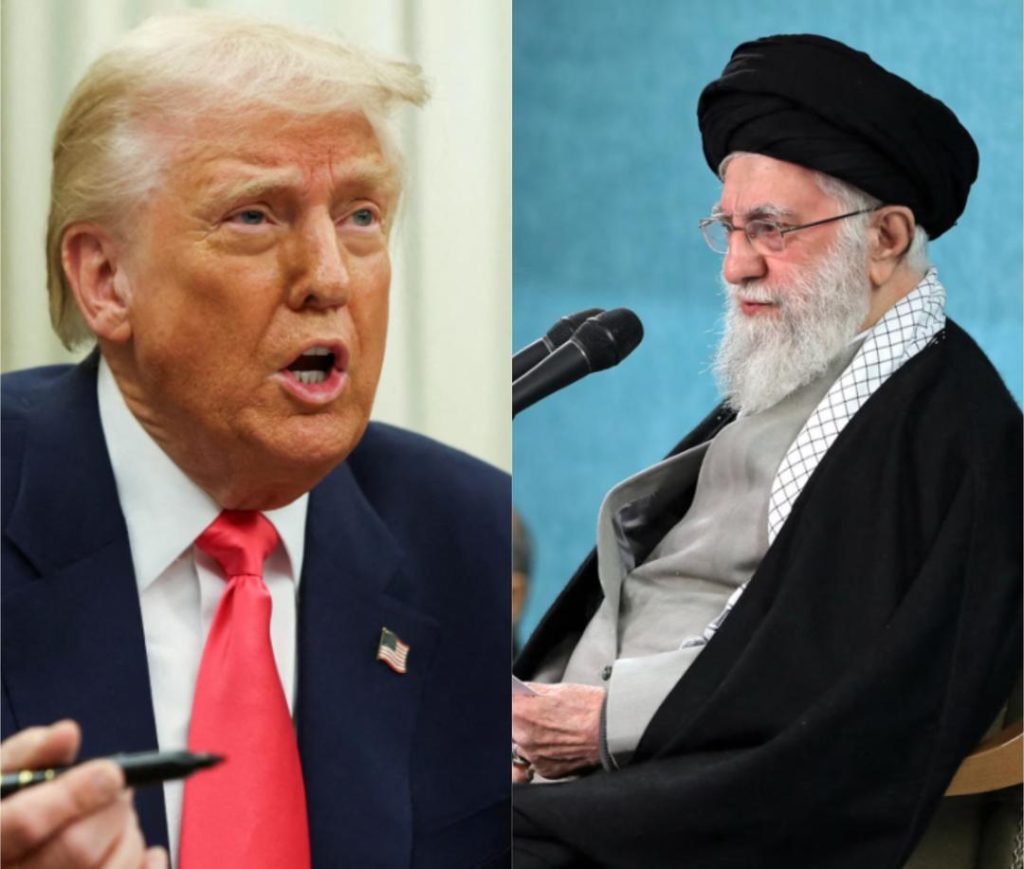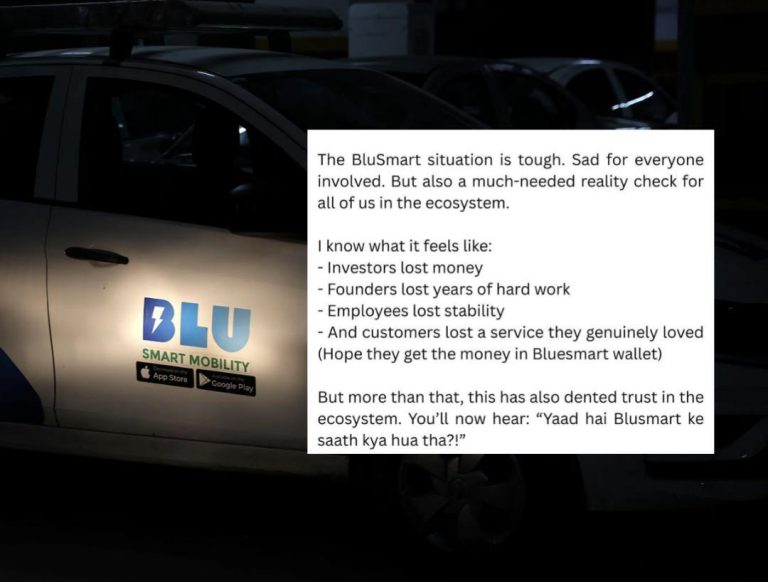
US & Iran begin nuclear talks days after Donald Trump threatened bombing
In a surprising turn of events, Iran and the United States have begun indirect talks in Oman, with Iranian Foreign Minister Abbas Araghchi and US President Donald Trump’s Middle East envoy Steve Witkoff representing both sides. This development comes just days after President Trump threatened to bomb Iran if it didn’t agree to a deal on its nuclear program.
The talks, which are being facilitated by an Omani minister, have been set up to allow the two sides to exchange messages and negotiate without directly meeting. This unusual format is a result of the strained relationship between Iran and the US, with tensions running high due to disagreements over Iran’s nuclear program and its involvement in regional conflicts.
The news of the talks was confirmed by Iranian state television, which reported that Araghchi had arrived in Oman to participate in the negotiations. The US State Department also issued a statement confirming the talks, saying that the US was “exploring opportunities to engage with Iran” on its nuclear program.
This sudden move towards talks comes as a surprise to many, given the high level of tension between the two countries. Just days ago, President Trump threatened to bomb Iran if it didn’t agree to a deal on its nuclear program. The threat was made in response to a series of attacks on oil tankers in the Gulf, which the US has blamed on Iran.
However, it appears that the threat may have had an unexpected effect, as Iran has now agreed to enter into talks. The country’s Foreign Minister, Javad Zarif, has said that Iran is willing to negotiate with the US, but only if the talks are based on mutual respect and the recognition of Iran’s sovereignty.
The talks are seen as a crucial step towards resolving the ongoing crisis over Iran’s nuclear program. The program has been a source of tension between Iran and the international community for many years, with the US and other countries imposing severe sanctions on Iran in an effort to prevent it from developing nuclear weapons.
Iran has consistently denied that it is seeking to develop nuclear weapons, saying that its program is purely for peaceful purposes. However, the US and other countries have expressed concerns over Iran’s nuclear activities, citing the potential risks and dangers posed by a nuclear-armed Iran.
The talks in Oman are seen as a key opportunity for the two sides to address these concerns and work towards a peaceful resolution of the crisis. The format of the talks, with the two sides exchanging messages via an Omani minister, is a sign of the high level of distrust between the two countries, but also reflects the need for a creative and innovative approach to resolving the crisis.
The Omani minister, Yusuf bin Alawi, has been tasked with facilitating the talks and ensuring that the two sides can communicate effectively. The minister has a reputation for being a skilled diplomat and has played a key role in mediating conflicts in the region in the past.
The talks are expected to be a challenging and complex process, with many issues to be addressed and disagreements to be overcome. However, the fact that the two sides have agreed to talk is a significant step forward and suggests that there may be a willingness to find a peaceful solution to the crisis.
In conclusion, the news of the US and Iran beginning indirect talks in Oman is a significant development in the ongoing crisis over Iran’s nuclear program. The talks, which are being facilitated by an Omani minister, offer a crucial opportunity for the two sides to address their differences and work towards a peaceful resolution of the crisis.
While the road ahead will be challenging, the fact that the two sides have agreed to talk is a significant step forward. The negotiations will require a high level of creativity, innovation, and diplomacy, but the potential rewards are significant. If successful, the talks could lead to a permanent agreement on Iran’s nuclear program, reducing the risks and dangers posed by a nuclear-armed Iran and promoting greater stability and security in the region.





